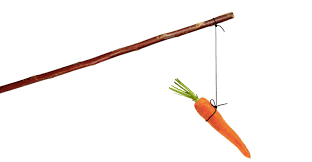Month: November 2020
-

Parkinson’s medication has opposite effects on two kinds of motivation
Patients with Parkinson’s disease lack the brain chemical dopamine. Dopamine is thought to signal upcoming rewards, and this might explain why patients on treatment can develop impulse control disorders. My lab is studying two different ways to motivate people. One way is to reward or punish them based on how well they do — like…